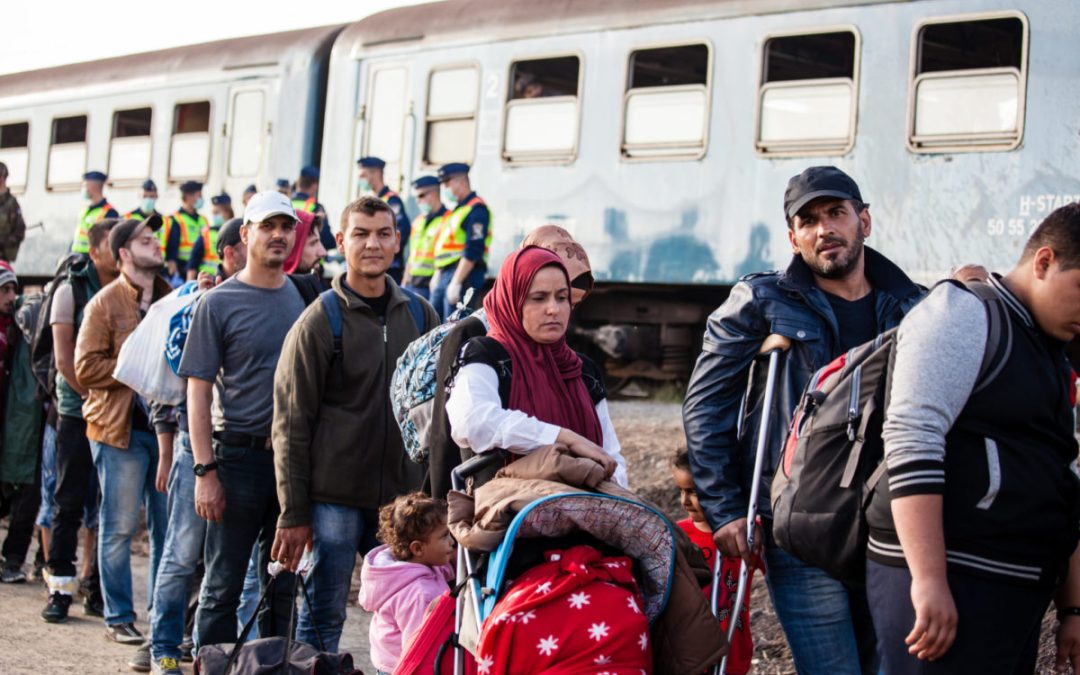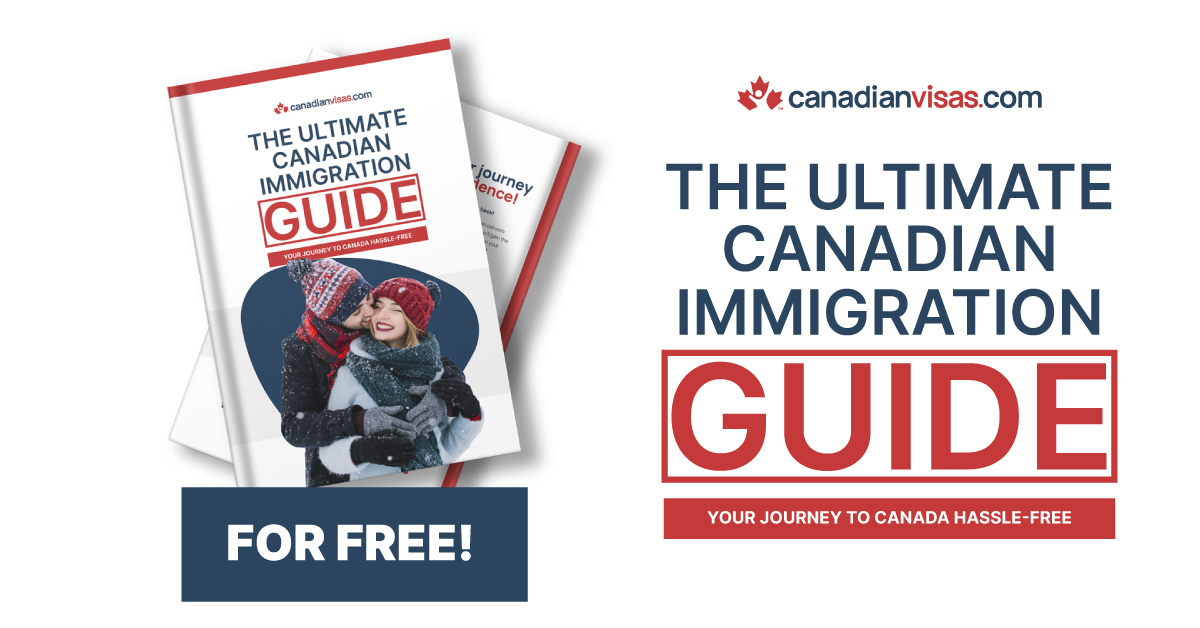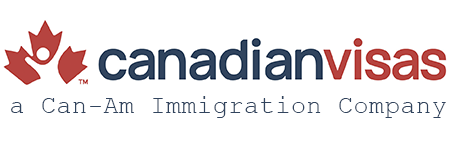
Apr 17, 2024 | Blog, Immigrate to Canada, Immigration, Immigration Reform, In the News, New Laws
The Canadian immigration landscape offers aspiring residents two main pathways: federal programs and provincial nomination programs (PNPs). While both lead to permanent residency (PR) status and the cherished right to live and work anywhere in Canada, the initial settlement intentions can differ. Let’s delve deeper into the implications of each approach.
Post-Immigration Mobility: Freedom to Roam
Canada prides itself on its inclusive character, and this extends to its immigration policy. The Canadian Charter of Rights and Freedoms guarantees PRs, regardless of their federal or provincial immigration route, the right to establish themselves in any province or territory. This means you can eventually relocate within Canada after obtaining PR status.
Provincial Programs: Building Roots in a Specific Locale
PNPs cater to the unique needs of individual provinces seeking to attract skilled immigrants who can contribute to their specific economic goals. In exchange for provincial sponsorship, nominees may be expected to demonstrate a genuine intention to reside in the nominating province. Provinces often set specific requirements within their PNP programs, so honesty throughout the application process is paramount. You must have a well-founded desire to settle in the chosen province and make a sincere effort to establish yourself there before moving elsewhere in Canada. Documenting these efforts, such as securing employment or enrolling in educational programs, is advisable, particularly if you plan to apply for Canadian citizenship later.
Federal Programs: Openness to Explore
Federal immigration applicants, on the other hand, are not beholden to any specific provincial settlement obligations. Upon receiving PR status through a federal program, you’re free to choose any province or territory in Canada as your new home. This flexibility can be ideal for individuals who haven’t yet decided on a specific location or who prioritize factors like job opportunities or proximity to family across different provinces.
Demonstrating Settlement Intent
Provinces often have guidelines outlining how to demonstrate your intention to reside in their jurisdiction. Using Ontario as an example, acceptable evidence might include proof of current or past employment, job offers or applications within the province, educational qualifications obtained in Ontario, or volunteer work undertaken there. Additionally, securing a lease agreement or acquiring property in Ontario, establishing professional networks within the province, or demonstrating family or social ties in the area can all strengthen your case.
Consequences of Misrepresentation
It’s crucial to be truthful throughout the immigration process. If your intention to settle in the nominating province wanes before landing in Canada, you may be reported for non-compliance. In more serious cases, where there’s clear evidence of intentional misrepresentation from the outset, it could lead to allegations of fraud and potentially jeopardize your PR status.
Seeking Expert Guidance
Whether you’re unsure about program requirements or have been nominated by a specific province, consider consulting with an authorized immigration lawyer. Their expertise can be invaluable in navigating the complexities of the immigration process and ensuring a smooth transition to your new Canadian home.

Apr 17, 2024 | Blog, Immigrate to Canada, Immigration, Immigration Reform, In the News, New Laws
The Quebec government announced the reopening of its Program for Refugees Abroad (Collective Sponsorship) on April 9, 2024. This program offers a unique opportunity for citizens and permanent residents of Quebec to directly contribute to Canada’s refugee resettlement efforts, while also providing a valuable pathway to permanent residency for sponsored refugees.
What is Collective Sponsorship?
Collective Sponsorship is a program unlike any other in Canada’s immigration system. It empowers small groups of 2 to 5 Quebec residents, either individuals or representatives from organizations, to join forces and sponsor a refugee and their family currently living outside of Canada. These sponsors act as guarantors, providing the refugees with financial and social support for the first 12 months after their arrival in Quebec. This crucial support system helps refugees integrate smoothly into Canadian society, access essential services, and find employment.
How to Apply and Key Dates
The application window for the Collective Sponsorship Program is open for a limited time, from May 7th to June 4th, 2024. Those interested in participating should act quickly to ensure they have ample time to assemble their application package. The Ministère de l’Immigration, de la Francisation et de l’Intégration (MIFI) has made the application forms readily available online, along with valuable resources and guides to assist groups in preparing a strong application.
General Ways to Immigrate to Quebec
The Collective Sponsorship Program offers a rewarding alternative to the traditional immigration process, but it’s important to remember it’s just one of several pathways to permanent residency in Quebec. Here’s a quick overview of other options for those considering immigrating to this dynamic Canadian province:
- The Quebec Skilled Worker Program: This program is designed to attract skilled workers with experience in professions that are in high demand within Quebec’s labor market.
- The Quebec Experience Program: This program is ideal for temporary foreign workers who have already gained valuable work experience in Quebec and are seeking to establish permanent roots in the province.
- Family Sponsorship: Canadian citizens and permanent residents can sponsor their close family members for permanent residency in Quebec, allowing them to reunite and build a life together in Canada.
The Impact of Collective Sponsorship
The Collective Sponsorship Program offers a unique win-win situation. Sponsors gain the rewarding experience of directly supporting a refugee family in building a new life in Canada, while refugees benefit from a dedicated support system that eases their transition and paves the way for successful integration.
What do you think?
The opportunity to make a tangible difference in the lives of refugees and contribute to the cultural mosaic of Quebec is a powerful one. Would you consider participating in a Collective Sponsorship Program? Share your thoughts and questions in the comments below! Have you ever participated in a similar program, or do you know someone who has? We’d love to hear your stories!
Looking to learn more?
Schedule a consultation with one of our immigration expert for detailed information on the Collective Sponsorship Program and other immigration pathways to Quebec. Explore the program requirements, eligibility criteria, and the application process to see if Collective Sponsorship is the right fit for you.

Apr 10, 2024 | Blog, Immigrate to Canada, Immigration, Immigration Reform, In the News, New Laws
Employers seeking to hire foreign workers through Canada’s Labour Market Impact Assessment (LMIA) program will see a mixed bag of changes in processing times announced by Employment and Social Development Canada (ESDC) on April 5, 2024.
While the processing times for the in-demand Global Talent Stream remain steady at 7 business days, some streams have seen increases, potentially impacting hiring timelines.
Streamlining Some Streams, Delays in Others
The update brings some positive news for employers utilizing the High-wage Stream, which saw a decrease of 3 business days, bringing the processing time down to 51 business days. This could benefit companies seeking to attract highly skilled foreign workers in fields facing talent shortages.
However, the Permanent Residence Stream and the Low-wage Stream experienced delays. The Permanent Residence Stream processing time increased by 6 days to 79 business days, potentially impacting employers hoping to sponsor foreign workers for permanent residency. The Low-wage Stream also saw a slight increase of 1 business day, reaching 55 business days.
The Agricultural Stream and the Seasonal Agricultural Worker Program also saw a one-day increase, bringing their processing times to 13 and 7 business days respectively.
Current average LMIA processing times
Global Talent Stream – 7 business days
Agricultural stream – 13 business days (+1 day)
Seasonal Agricultural Worker Program – 7 business days (+1 day)
Permanent residence Stream – 79 business days (+6 days)
High-wage Stream – 51 business days (-3 days)
Low-wage Stream – 55 business days (+1 day)
Understanding the Impact
These changes reflect the ongoing demand for foreign workers across various sectors in Canada. The continued fast processing for the Global Talent Stream highlights the government’s focus on attracting highly skilled individuals to fill critical labour gaps.
However, the delays in other streams could pose challenges for some employers. Businesses heavily reliant on temporary foreign workers, particularly in lower-wage sectors or those seeking permanent residency sponsorship for their employees, may need to adjust their hiring timelines or explore alternative recruitment strategies.
It’s important for employers to stay informed about these updates and work closely with immigration consultants to navigate the LMIA process effectively.

https://bit.ly/TheUltimateCanadianImmigrationGuide

Apr 10, 2024 | Blog, Immigrate to Canada, Immigration, Immigration Reform, In the News, New Laws
Canada’s immigration system, which prioritizes selecting skilled immigrants, is having a positive impact on the overall educational attainment of the country. Statistics Canada reports that immigration is a key factor behind a rise in the number of residents with bachelor’s degrees, with racialized women leading the surge.
Educated Arrivals: A Boon for the Economy
Canada’s point-based Express Entry system awards points for factors like education and work experience. This system successfully attracts skilled immigrants who are more likely to integrate into the workforce quickly. A study by the Canadian Centre for Policy Alternatives found that immigrants with Canadian work experience contribute significantly to the economy through their skills and knowledge.
The influx of educated immigrants is particularly beneficial for certain sectors. A report by the Conference Board of Canada highlights that immigrants fill crucial skill gaps in science, technology, engineering, and mathematics (STEM) fields. This not only benefits the national economy but also fosters innovation across various industries.
Racialized Women: Leading the Charge
The data shows a remarkable trend among racialized women. Statistics Canada reports that in 2021, 48.4% of racialized women between the ages of 25 and 64 held a bachelor’s degree or higher. This surpasses the rate for racialized men (46.5%) and the national average (32.9%).
There are a few possible explanations for this trend. Racialized women may be coming from countries with strong educational systems that emphasize female education. Additionally, they may be driven by a desire to overcome potential barriers in the job market.
Challenges Remain
While Canada’s immigration strategy is fostering a more educated population, there are still challenges to address. Many newcomers face difficulties getting their foreign credentials recognized. This can prevent them from working in their chosen fields and lead to underemployment.
Another challenge is ensuring language proficiency, particularly French in Quebec. Language training programs are essential to help newcomers reach their full potential in the Canadian workforce.
Overall, Canada’s immigration strategy is proving successful in raising educational attainment levels across the country. Addressing the challenges faced by newcomers, particularly with credential recognition and language training, will further enhance the positive impacts of immigration on Canada’s economy and society.

Apr 10, 2024 | Blog, Immigrate to Canada, Immigration, Immigration Reform, In the News, New Laws
Over the last week, Immigration, Refugees and Citizenship Canada (IRCC) held new draws in the pools of International Experience Canada (IEC).
What is the International Experience Canada?
The International Experience Canada (IEC) program is a fantastic opportunity designed for young adults from participating countries to broaden their horizons by living and working in Canada for up to two years. It caters specifically to individuals between the ages of 18 and 35 (though the upper limit may vary slightly depending on your home country).
What IEC has to offer?
- Work Experience: Gain valuable hands-on experience in a foreign workplace. This can significantly boost your resume, giving you a competitive edge when you return home or pursue opportunities elsewhere.
- Language Immersion: Canada is a bilingual country with English and French as its official languages. Living and working in Canada allows you to immerse yourself in your chosen language, significantly improving your fluency and communication skills.
- Travel and Exploration: The IEC program is not just about work. It’s a chance to explore the stunning landscapes of Canada, from the majestic Rocky Mountains to the vibrant cities of Toronto and Vancouver. With the income you earn, you can fund your travels and experience all that Canada has to offer.
- Cultural Exchange: Immerse yourself in Canadian culture. You’ll meet new people, experience local customs and traditions, and gain a deeper understanding of Canadian life.
The selection process for IEC is competitive, but if you’re chosen, it can be a life-changing experience. It’s a chance to develop both professionally and personally, while creating memories that will last a lifetime.
Latest Invitations
From April 1 to April 7, Canada invited 9,043 young foreigners to apply for an IEC open work permit. As of April 5, 33,881candidates were registered in the pool and waiting for the invitation.
In this round, there were:
- 982 ITAs for Australia
- 31 ITAs for Austria
- 149 ITAs for Belgium
- 96 ITAs for Chile
- 33 ITAs for Costa Rica
- 2 ITAs for Croatia
- 14 ITAs for the Czech Republic
- 17 ITAs for Denmark
- 8 ITAs for Estonia
- 3 ITAs for Finland
- 1,426 ITAs for France
- 588 ITAs for Germany
- 34 ITAs for Greece
- 49 ITAs for Hong Kong
- 707 ITAs for Ireland
- 254 ITAs for Italy
- 1,019 ITAs for Japan
- 913 ITAs for Korea
- 8 ITAs for Latvia
- 15 ITAs for Lithuania
- 1 ITA for Luxembourg
- 67 ITAs for the Netherlands
- 273 ITAs for New Zealand
- 3 ITAs for Norway
- 80 ITAs for Poland,
- 34 ITAs for Portugal
- 17 ITAs for Slovakia
- 232 for Spain
- 14 ITAs for Sweden
- 5 ITAs for Switzerland
- 133 ITAs for Taiwan
- 1,836 ITAs for the United Kingdom.
In 2024, Canada issued 62,576 ITAs under the IEC Program.
If you want to know how to successfully immigrate to Canada but are unsure where to start download our free E-book “The Ultimate Canadian Immigration Guide” here.

Apr 5, 2024 | Blog, Immigrate to Canada, Immigration, Immigration Reform, In the News, New Laws
Prince Edward Island (PEI) is actively seeking skilled immigrants to address labor shortages in key sectors. On April 4, 2024, they conducted a draw through the Prince Edward Island Provincial Nominee Program (PEI PNP) in the Labour Impact and Express Entry streams inviting 66 candidates to apply for provincial nomination.
This draw targeted specific professions in high demand: healthcare, manufacturing, and early childhood education. These sectors are crucial for the province’s economic growth and social well-being.
The PEI PNP offers an immigration pathway for skilled workers and recent graduates seeking permanent residency in Canada. With a clear focus on labor market needs, the program prioritizes candidates with experience in areas facing shortages. This targeted approach helps PEI attract qualified individuals who can contribute meaningfully to the province’s development.

https://bit.ly/TheUltimateCanadianImmigrationGuide
So far in 2024, PEI has invited a total of 511 candidates, with the vast majority (506) coming through the Labour Impact and Express Entry streams. These categories cater to skilled workers and international graduates with the potential to establish themselves in the province.
The PEI PNP is a fast-track option for obtaining Canadian permanent residency. With the next draw scheduled for April 18, 2024, interested candidates with relevant skills and experience are encouraged to explore this pathway to living and working in beautiful Prince Edward Island.
Considering immigrating to Prince Edward Island? The process can be complex, but you don’t have to go it alone. Schedule a strategic call with an immigration expert today to discuss your eligibility and explore your options for a successful PEI PNP application.








 Useful Resources for Canada
Useful Resources for Canada
 Useful Resources for U.S.
Useful Resources for U.S.
 Our Local Immigration Services
Our Local Immigration Services